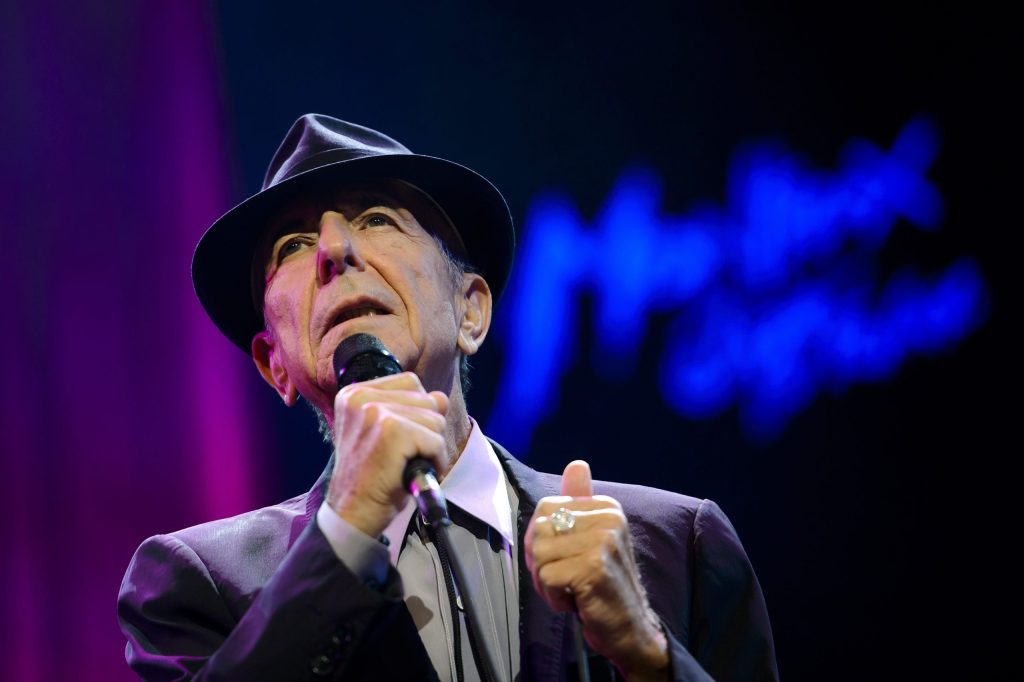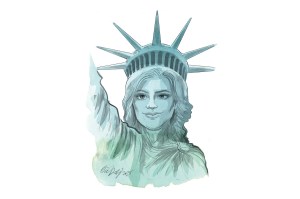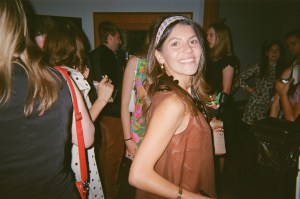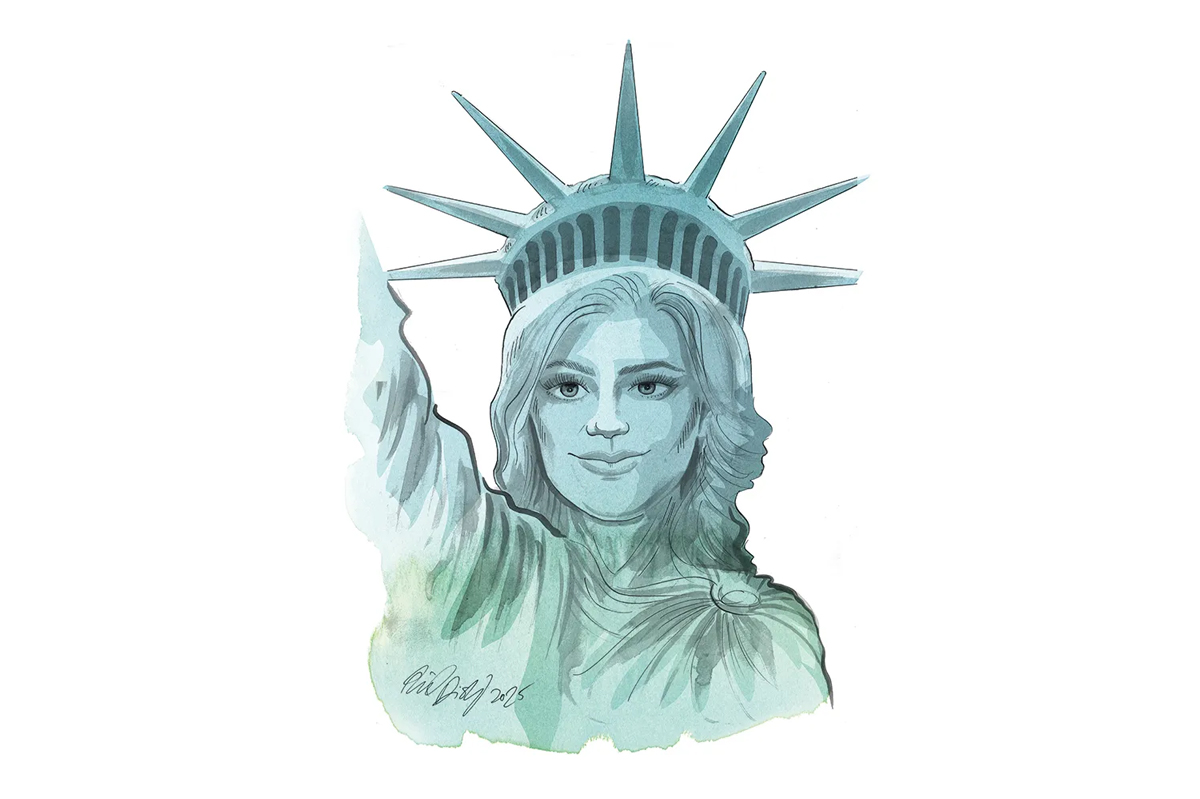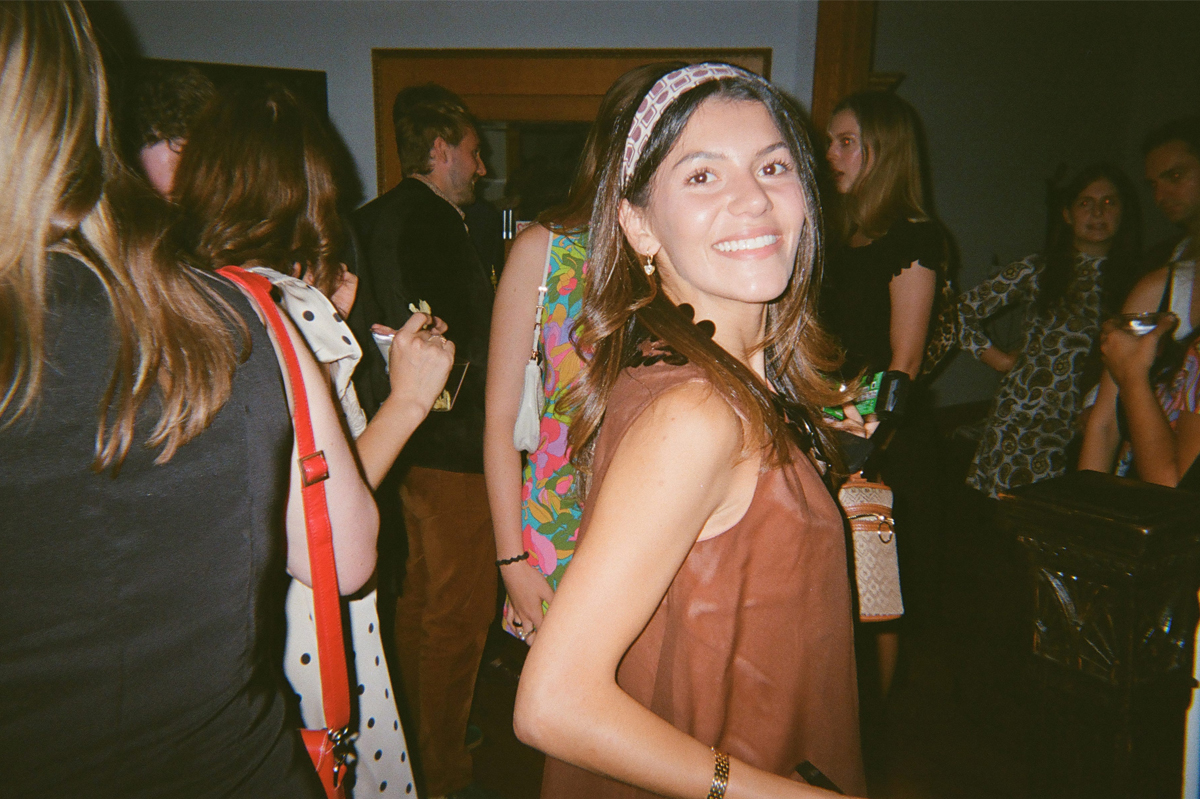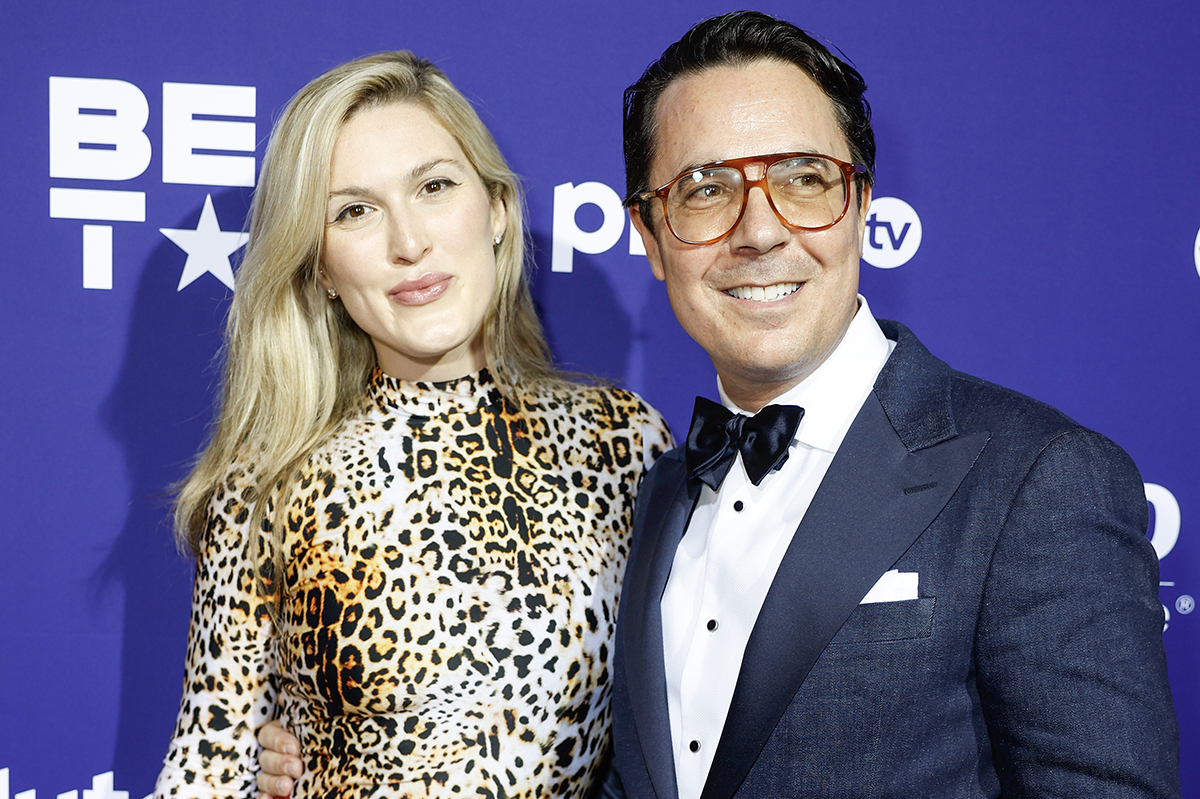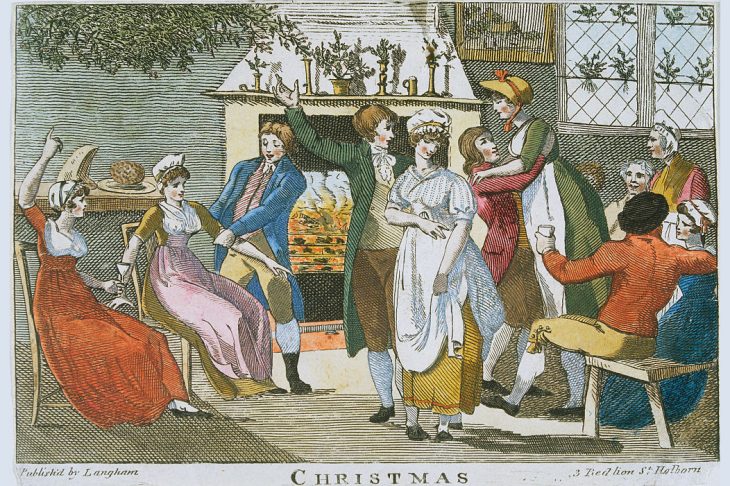There was something inexplicable about Leonard Cohen, some combination of sexiness and silliness, brains and bohemianism. It never should have worked, but it did, and that put him in a category of his own.
Cohen died in November 2016, just after the release of his final studio album, You Want It Darker. Before he died, he compiled his first posthumous work, The Flame, from the uncollected poems, sketches, and lyrics in his hundreds of notebooks.
A complicated man, Cohen somehow assembled uneven poetic gifts, limited musicality and a questionable vocal range into a consummate artistry. Cohen’s star burned more brightly with age, but he was a writer first and, in the end, last. In 1959, he published his first collection of poetry, Let Us Compare Mythologies. In 1966, his first novel, the racy Beautiful Losers, made him a literary figure of minor renown in his native Canada. But soon he was ready to try something different.
In 1967, at the age of 33, he made his debut as a musician with Songs of Leonard Cohen. ‘That’s a pace I’m comfortable with.’ Cohen said when the album finally went gold in 2001. He took his time working out his place in the world.
With his perpetually lovelorn lyrics and his gravelly baritone, Cohen was the older brother of the Sixties’ folk revolution. More literary than any prior pop singer, and definitely more melancholy, he gained a modest following in Europe; while Bob Dylan covered Woody Guthrie, Cohen covered the Second World War in ‘The Partisan’. Cohen’s name spears gradually in the United States. More and more people recognised his ‘Famous Blue Raincoat’ and the ‘tea and oranges’ of ‘Suzanne’, but it wasn’t until 1984’s ‘Hallelujah’ that he scored a worldwide hit. And even that ongoing cover craze was, like Cohen’s ‘Tower of Song’, slow in building.
Cohen claimed he couldn’t sing, but his growl perfectly suited his meticulously crafted lyrics. He often told a story from the 1980s of meeting up with Bob Dylan and trading compliments. Dylan asked Cohen how long it took him to write ‘Hallelujah’.
‘Five years,’ Cohen answered, though in some tellings, the number dwindles, in modesty or self-consciousness, to one or two. How long did ‘I is I’ take for Dylan?
‘About 15 minutes.’
Yet Dylan often gushed about Cohen’s work, saying Leonard was much more of a musician than he let on.
Certainly, Cohen was also much more of a poet. His voice may be distinctive, but it’s the uncanny aptness of the images in his songs that made them stick. The tea and oranges and the ‘famous’ raincoat pass at least one basic test for poetry: they allow his audience to see the ordinary anew.
A knack for the touching image isn’t in itself enough to make an estimable poet, of course. But then Cohen, who enjoyed Zen riddles, never claimed to be one. Despite indulging in the occasional poetry collection over the years, he rejected the title: ‘I’m a songwriter,’ he insisted.
It’s hard not to read all his poems as lyrics, especially if you’re familiar with Cohen’s music. For many of his lyrics, there’s no need to do otherwise. Unsurprisingly, he is at his best in ballads; he claimed more than once that rhyme was his only talent. And the songwriter in Cohen knows how to hone an image to deadly accuracy:
‘If you buy me
A yellow sweater
I will love you
Until the end of time.’
The blend of irony and desperate earnestness would be cloying if its emotional aim weren’t so true.
It is in the poetry that breaks the songwriterly mold that illuminates Cohen the man, revealing the most about his biography — particularly his spirituality. The Flame includes a dialogue with ‘Roshi’ and a poem about winter on Mount Baldy. These date from the late Nineties when Cohen suddenly stepped back from the music business for a five-year stay in a mountaintop monastery with the Japanese Zen teacher Kyozan Joshu Sasaki Roshi. While he was away, his manager defrauded him of millions.
‘The Devil’s almost got you
To throw yourself off the cliffs of religion’
Cohen was by turns drawn to and tempted by other traditions. He repeated to interviewers that he had a perfectly good religion, the Judaism in which he was born and raised in upper-crust Montreal. He had a sometimes proud, sometimes questioning, always attentive audience there, as his fellow Montrealer Ruth Wisse wrote in her eulogy at Mosaic. And he maintained that his ‘study’ of Buddhism didn’t count. Zen was a discipline that helped him through a decades-long battle with depression and the self-medication that gets an anxious performer through concert tours. Instead of going off the cliff, Cohen went up the mountain.
Asceticism suited him. When he returned from Mount Baldy, Cohen entered the most productive phase of his career, producing some of his best albums and his most widely praised tours. Another element in his success, undoubtedly, was his image. He was aging beautifully. The suits that were his uniform fit his trim frame and weathered face, and his ever-huskier voice suited the tone of his songs. He called his omnipresent fedora his ‘shul hat.’
This mixture that made him irresistible to women, and they remain at the heart of The Flame. Even as he settled into a more solitary life, interviewers wrote of women in bikinis lining up alongside a pool as Cohen recited a new poem: ‘Works every time,’ he said. Cohen spends much of The Flame on past romantic relationships, which is no surprise for a man who often said that ‘women are the content of men, and men are the content of women’, and who named an album Death of a Ladies’ Man. Cohen was the father of two (his son Adam, now a songwriter and one of the major compilers of the collection, and his daughter Lorca), but he never married — not Suzanne, not Marianne, not Rebecca de Mornay; not the other Suzanne (the one from the song); not Anjani, with whom he spent many of his final years and whose jazz album Blue Alert is included in The Flame; nor any of the others.
As Cohen refined his perennial subjects, the lyrics included in The Flame are among his best. ‘You Want It Darker’, the title track of his 2016 album, can be read as the tortured seeker’s motto:
‘You want it darker
We kill the flame.’
These lines are Cohenite spirituality through and through. But then a prayerful turn offers a surprise:
‘Hineni, hineni
I’m ready, my Lord.’



